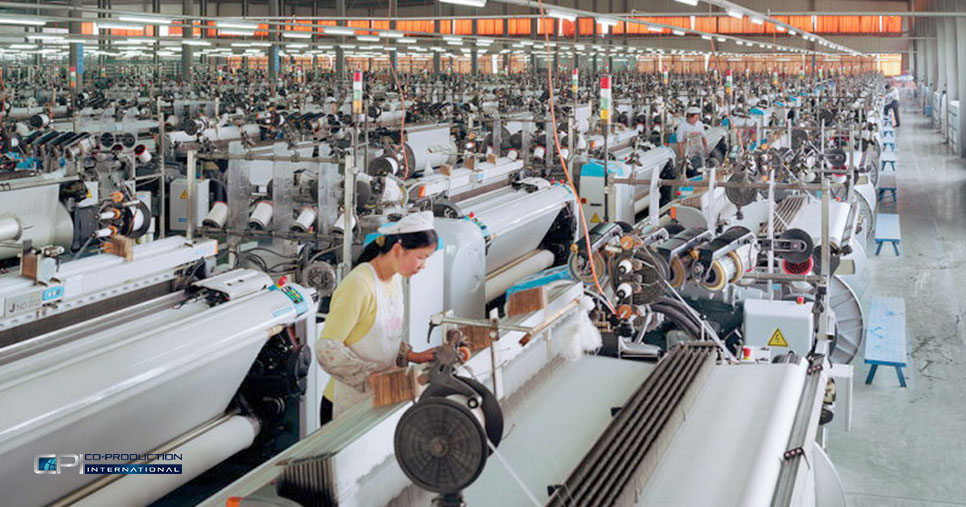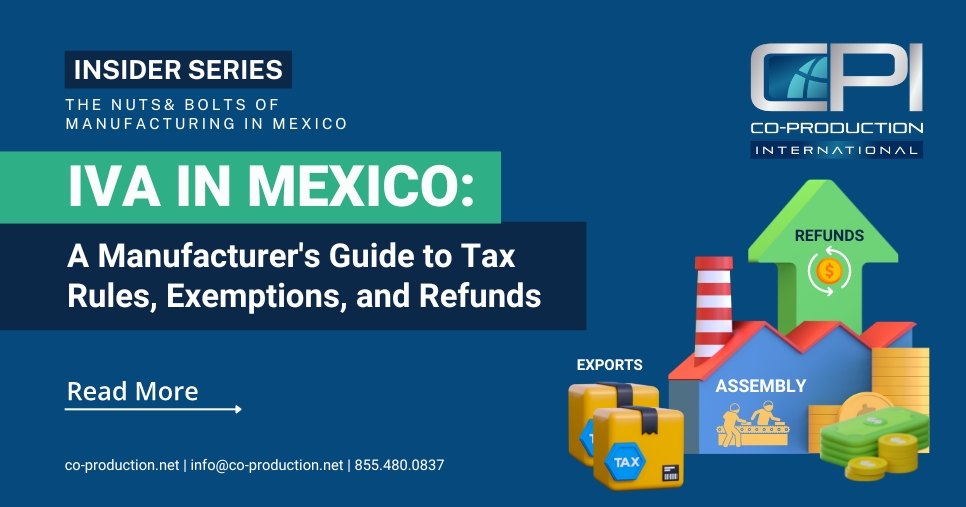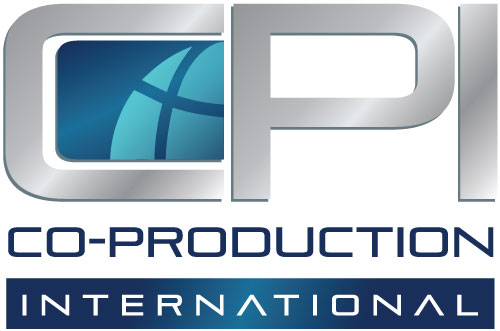Mexico is no longer the low-wage sourcing location for low-value consumer products for the U.S. market that it was two decades ago when the North American Free Trade Agreement with the U.S. and Canada was implemented. True, average wages have risen higher in coastal China, where so much export production is based, than in Mexico.
But with an increasingly skilled Mexican workforce and a rapidly growing middle class, many international companies are investing in facilities to manufacture in Mexico higher-value products for the U.S. and Mexico's domestic market, and still more are planning to invest in sourcing there.
The near-sourcing trend is fueled by the desire to reduce turnaround time from order to delivery, cut transportation costs, and, increasingly, to avoid any repetition of the West Coast port congestion and delays that plagued so many supply chains in late 2014 and early this year.
One U.S. importer, for example, responded to a JOC.com survey about shippers' supply chain plans in the wake of the West Coast longshore labor agreement in May by saying he wanted to shift as much production as possible away from China to Mexico.
"The whole nearshore manufacturing trend is based on 'How do I make sure I don't have my supply chain cut off because of lack of capacity or longshoremen' and all of the issues you have when you're bringing in product by boat from around the world," said Troy Ryley, managing director of Frisco, Texas-based third-party logistics provider Transplace Mexico. "In Mexico, you've got multiple points to enter the U.S. via truck, and trucks are a lot more consistent on the highway than vessels on the open ocean. It's a matter of days by truck, rather than weeks at sea."
Over the past several years, there has been a continuous move of production to Mexico for the North American market. Some of that has come at the expense of Asia, but more often the investment in Mexican production may be in addition to Asia. "Investment going forward may be in Mexico, which doesn't mean it's being relocated from Asia," said Foster Finley, a managing director of logistics consulting firm AlixPartners who specializes in supply chain performance. "Plants that in years gone by may have gone to Asia are going to Mexico now."
In a survey last year of the near-sourcing plans of 143 senior manufacturing and distribution executives, AlixPartners found that 86 percent plan to increase their foreign manufacturing capacity closer to the U.S. in the next two or three years. The chief reasons behind these plans were the desire to cut the landed cost of imports, lower freight costs, improved speed to market and improved customer service.
The survey, conducted before the severe congestion that began to clog West Coast ports last fall, also found that 30 percent of those surveyed said near-sourcing of production would result in fewer supply chain disruptions.
"After NAFTA was implemented in 2004, many companies located in Mexico to take advantage of low wages and duty-free access to the U.S., but when China joined the WTO, they moved there to get even lower wages," said Christopher Wilson, deputy director of the Mexico Institute at the Woodrow Wilson Center in Washington. "Over time, companies have become more sophisticated about the way they make site-selection decisions and are looking at a much wider range of factors. What that has done is push Mexico into its proper niche into areas where it has important competitive advantages vis-à-vis other countries."
AlixPartners uses local wage costs as one of seven factors in measuring the competitiveness of global supply locations. The other six factors include availability of raw materials and cost, regulatory overhead, inbound transportation costs, inventory cost tied up in product flow, exchange rates, and tariffs or duties.
"Although Chinese wages are on average lower than Mexico's, wages have risen rapidly up and down the coast of China that has historically been the factory of China, and they continue to go up," Finley said. "China has made a concerted effort to tap into lower wages in inland China, but the problems are the lack of infrastructure to get product to and from the coast. The number of qualified workers also is still well behind the coast."
The Mexican government is moving to enhance its competitive position by investing heavily in road, rail and aviation infrastructure improvements and by streamlining its customs procedures. As a result, it has become a major source for U.S. imports of bulky products such as automobiles, aerospace products and components and appliances that don't fit easily into a container, but can be shipped by road or rail to the U.S.
Mexico is also the second-largest source of high-value, high-tech products such as cell phones, gaming consoles and computers, after China.
In the past, the Mexican government spurred the growth of these industries by providing incentives for them to group in clusters around cities that have an abundance of skilled engineers graduating from universities and the infrastructure to support shipments to and from the plants. It has since ended those incentives for all but the aerospace industry.
"Mexico has a very well-educated workforce that has the expertise to produce more technical products, like the aerospace industry," said Derrick Johnson, vice president of segment marketing for UPS. "It is graduating 230,000 engineers every year."
UPS is working with the Mexican government to identify the areas that have the infrastructure to support the transportation needs of industry clusters. "We look for good roads and rail infrastructure, but also the people with the skills to support these clusters," Johnson said.
The aerospace industry is clustered around Chihuahua, which boasts plants by Hawker Beechcraft, Honeywell, Pratt & Whitney and Zodiac Aerospace. Bombardier, Eurocopter and Messier-Bugatti-Dowti have plants around Querétaro.
Although the government has scaled back on incentives to other industries, the incentives it provided in the 1980s and 1990s resulted in a cluster of more than 600 high-tech plants in the state of Jalisco around Guadalajara, which is known as Mexico's Silicon Valley. Foxconn, Jabil Circuit and Flextronics assemble products there with components imported from Asia for the local and the U.S. market. Other plants are clustered around Chihuahua, Monterey and Mexico City.
"One of the big concerns for these highly technical products is intellectual property," Johnson said. "Mexico's IP protection is as strong as or stronger than other areas of the world, such as China."
The automotive industry is far more spread out. Ford Motor Co. has plants in Chihuahua and Sonora in the north and Toluca in the south. Audi and Volkswagen have plants in Puebla near Mexico City. Honda has a number of plants. Chrysler, General Motors and Mercedes Benz have plants in Saltillo. BMW plans to build a plant in San Luis Potosí by 2019.
Approximately 1,100 top-tier parts makers also have opened production facilities in Mexico to supply these plants. Mexican automotive plants export about 80 percent of their production and account for 11 percent of all new car sales in the U.S.
Some cars are transported by rail to the U.S., and others by ocean. "Over the last two years, we've been seeing an increase in the traffic of car carriers transporting cars from Lazaro Cardenas through the canal to the U.S. East Coast," Panama Canal Administrator Jorge Quijano said. "That may change if Mexico improves the roads and rail transport to Veracruz so cars can be shipped directly from there to the East Coast." He said car carriers have told him they are building post-Panamax vessels that can carry 8,000 to 8,500 cars, compared with the current maximum capacity of 5,000 to 5,500 cars. "So for the next three years, we see strong performances for cars moving from Mexico through the canal to the U.S. East Coast."
U.S. companies that source products in Mexico find it much easier to manage the engineering and quality control processes than in Asia because it is more cost efficient and easier to visit plants south of the border than across the Pacific. "The ability to supervise your engineering at a plant in Mexico is a lot less expensive than in Asia, and companies are starting to realize this," said Phillip Poland, director of international trade compliance for DHL. "If I was making strategic decisions for a U.S. company, I would seriously consider building a plant in Mexico."
Mexico has eased its customs procedures on imports of components for assembly in plants by moving all customs transactions onto a single electronic platform of window for export. "Mexico is ahead of the U.S. in that a single window increases compliance, decreasing the arbitrariness of customs from port to port," Poland said. "It really streamlines and helps the movement of imports through customs."
Mexico is working closely with the U.S. and Canada to harmonize their customs procedures under NAFTA. It signed on to the Wassenauer Agreement on export controls last year and is implementing an export control system, which together with its single platform on imports creates greater trade compliance.
Security is less of an issue in Mexico today than in the past, when theft of truckloads in transit was not uncommon. "That's less frequent now, as the government has been cracking down on cartels to improve transportation safety," Poland said.
The flow of trucks moving across the U.S. border promises to become easier as a result of changes in U.S. regulations introduced this year. For years, Mexican trucking companies with Mexican drivers could haul cargo only into a narrow commercial zone across the U.S. border, despite the provisions of the NAFTA treaty. In response, Mexico imposed retaliatory tariffs on U.S. imports estimated to cost $2 billion annually.
After a three-year pilot program, the U.S. Department of Transportation started allowing Mexican motor carriers to apply for authority this year to conduct long-haul, cross-border trucking services. Under this program, Mexican trucks must be inspected and meet the same safety regulations as those for U.S. motor carriers.
"You're starting to see Mexican equipment go farther and farther north," Ryley said. "What's defining how far north they go is not any restriction by the law, but is more how much deadheading time they can afford to take on or whether they have the complementary southbound loads that allows for a round trip."
By: Peter Leach at This email address is being protected from spambots. You need JavaScript enabled to view it. Follow him on Twitter: @petertleach

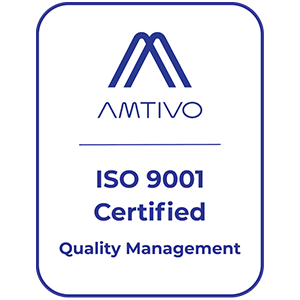

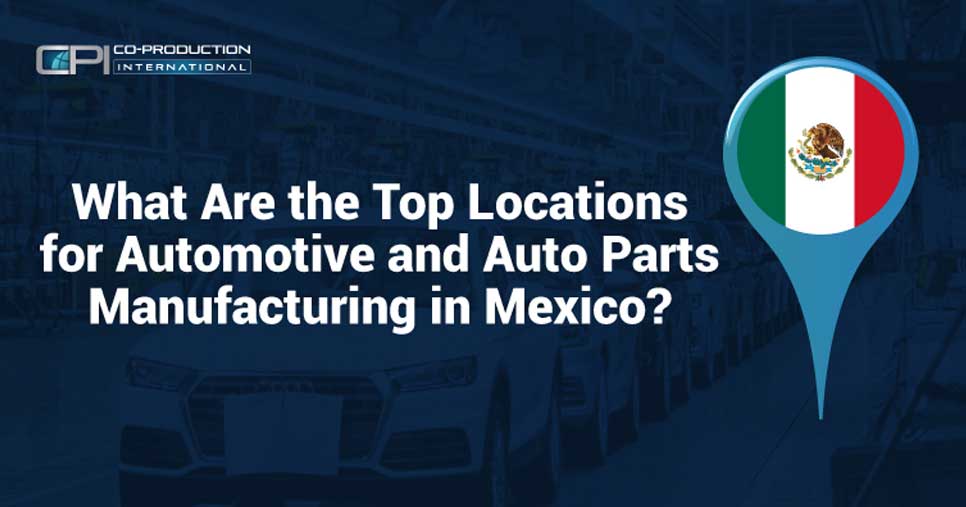
.png)
